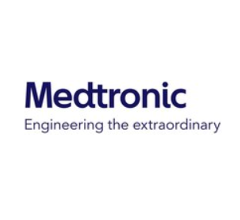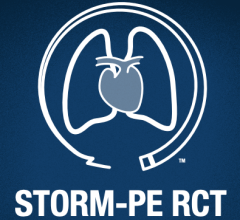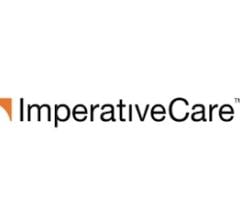Sept. 10, 2024 — Royal Philips and the World Stroke Organization (WSO) have published a policy paper calling for a revolution in stroke care to make a real difference to the lives of millions and bring significant economic benefits worldwide.
Strokes affect an estimated 12 million people globally every year, including an increasing number of young people. The direct and indirect costs are conservatively estimated to be around $900 billion annually and are expected to almost double over the next 25 years.
Thanks to new technologies, procedures and clinical insights, stroke may be prevented, treated and even reversed if treatment is initiated rapidly. However, despite a strong evidence base, there is insufficient focus on healthcare expenditure and research funding to advance stroke care. As a result, access to timely treatment remains limited and huge disparities in stroke care persist.
The joint WSO-Philips policy paper, which is accompanied by an editorial in The Lancet Neurology and aligned with recent World Health Organization (WHO) guidance, proposes six policy interventions to improve outcomes, and reduce direct costs with substantial potential savings, releasing essential resources for other priorities across struggling healthcare systems:
1. Set targets and quality indicators, assess current gaps and prioritize stroke care in global, national, and regional health plans.
2. Expand and invest in infrastructures for essential stroke services, including stroke units and intravenous thrombolysis.*
3. Expand and invest in (capital) infrastructures for advanced stroke services: mechanical thrombectomy.**
4. Increase the necessary skills in the health workforce.
5. Make sure that payment models provide adequate reimbursement of essential and advanced stroke care.
6. Build a strategy to actualize the potential savings of essential and advanced acute stroke care.
The joint WSO-Philips policy paper titled "Time for a revolution in stroke care" can be downloaded here.
‘Time is brain’ is the mantra in stroke care, because every minute saved when treating a major stroke results in millions of saved brain cells. Investing in stroke centers and WHO recommended treatments including mechanical thrombectomy, a minimally invasive technique for removing the blood clot from the brain artery that caused the stroke, has the potential to improve hundreds of thousands of lives. Clinical trials show that mechanical thrombectomy is a highly effective treatment for the most debilitating strokes, and if treated in time, the impact is such that major strokes have become ‘curable’.
Yet, access to thrombectomy remains the exception rather than the norm in global stroke care. For example, an average of around 7 percent of all ischemic stroke patients in the Europe region received this treatment in 2019. Policymakers have a crucial opportunity to accelerate the rollout of this essential, advanced stroke care alongside the necessary associated infrastructure and policy to support.
Professor Sheila Martins, President of the World Stroke Organization, said: “The impact of thrombolysis and thrombectomy on stroke patient outcomes has been established for more than a decade. More recent research has also demonstrated the cost-effectiveness of these treatments in low-income, middle-income and high-income countries. Investing in acute stroke care provides governments with an unmissable opportunity to reduce the burden of stroke to individuals and society and to deliver on their UN SDG3 commitment. The time to act is now.”
Carla Goulart Peron, Philips’ Chief Medical Officer, said: “Stroke is a leading cause of death and disability worldwide. The burden of stroke on patients, their families, the healthcare system, and society, is huge. The time is now for a coordinated approach to revolutionize stroke care, bringing together investment in care and treatment, infrastructure, awareness and a focus on effective policymaking. The benefits are significant, both for healthcare systems and societies, and most importantly in delivering better care for millions of patients worldwide.”
Philips and the WSO signed a two-year partnership in October 2023 focused on advocacy, education, and raising awareness of stroke as a global healthcare challenge. In May of this year, Philips supported the WSO side-event at the 77th World Health Assembly (WHA) — United in Action to Transform Stroke Care — the first ever WHA satellite session dedicated specifically to stroke.
* In an essential stroke center, acute stroke care is provided by a multidisciplinary team working according to acute stroke care protocols. This includes intravenous thrombolysis, the injection of medication to dissolve the blood clot that caused the stroke. This is the current most common acute stroke treatment.
** An advanced stroke center offers all the services provided at essential stroke centers plus mechanical thrombectomy, a minimally invasive therapy for removing the blood clot that caused the stroke.


 January 19, 2026
January 19, 2026 









